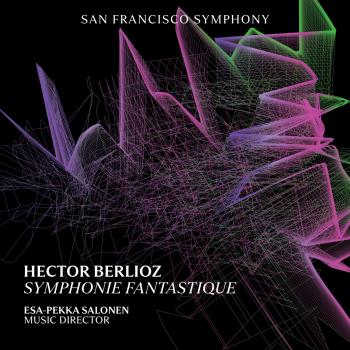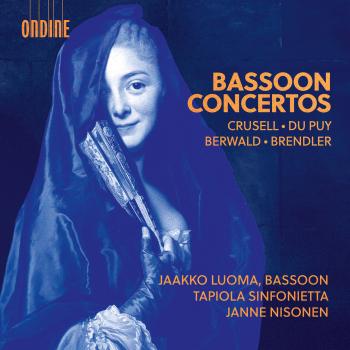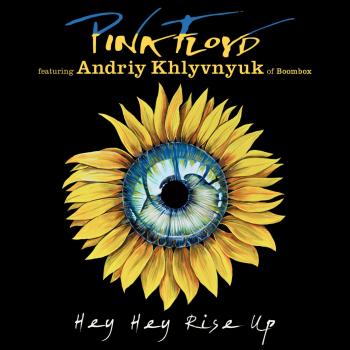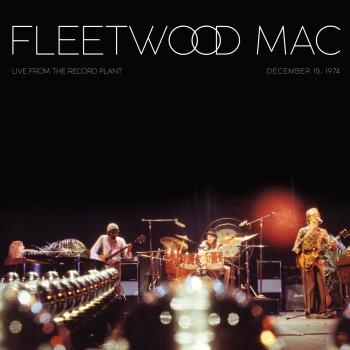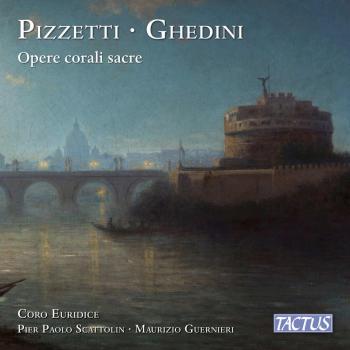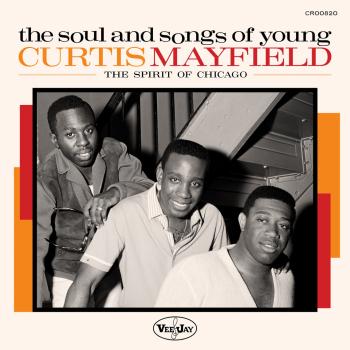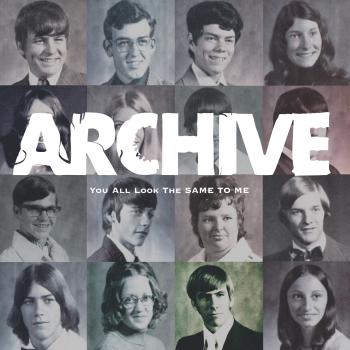
J.S. Bach: Goldberg Variations, BWV 988 (Remastered) Wilhelm Kempff
Album Info
Album Veröffentlichung:
1970
HRA-Veröffentlichung:
06.04.2018
Label: Deutsche Grammophon GmbH, Berlin
Genre: Classical
Subgenre: Instrumental
Interpret: Wilhelm Kempff
Komponist: Johann Sebastian Bach (1685–1750)
Das Album enthält Albumcover
Entschuldigen Sie bitte!
Sehr geehrter HIGHRESAUDIO Besucher,
leider kann das Album zurzeit aufgrund von Länder- und Lizenzbeschränkungen nicht gekauft werden oder uns liegt der offizielle Veröffentlichungstermin für Ihr Land noch nicht vor. Wir aktualisieren unsere Veröffentlichungstermine ein- bis zweimal die Woche. Bitte schauen Sie ab und zu mal wieder rein.
Wir empfehlen Ihnen das Album auf Ihre Merkliste zu setzen.
Wir bedanken uns für Ihr Verständnis und Ihre Geduld.
Ihr, HIGHRESAUDIO
- Johann Sebastian Bach (1685-1750): Aria mit 30 Veränderungen, BWV 988 "Goldberg Variations":
- 1 Aria 01:58
- 2 Var. 1 a 1 Clav. 01:30
- 3 Var. 2 a 1 Clav. 01:05
- 4 Var. 3 Canone all'Unisono a 1 Clav. 02:20
- 5 Var. 4 a 1 Clav. 00:47
- 6 Var. 5 a 1 ovvero 2 Clav. 01:16
- 7 Var. 6 Canone alla Seconda a 1 Clav. 01:06
- 8 Var. 7 a 1 ovvero 2 Clav. 01:50
- 9 Var. 8 a 2 Clav. 01:36
- 10 Var. 9 Canone alla Terza a 1 Clav. 01:53
- 11 Var. 10 Fughetta a 1 Clav. 01:10
- 12 Var. 11 a 2 Clav. 01:25
- 13 Var. 12 Canone alla Quarta 04:03
- 14 Var. 13 a 2 Clav. 02:58
- 15 Var. 14 a 2 Clav. 01:43
- 16 Var. 15 Canone alla Quinta in moto contrario 04:38
- 17 Var. 16 Ouverture a 1 Clav. 01:34
- 18 Var. 17 a 2 Clav. 01:45
- 19 Var. 18 Canone alla Sesta a 1 Clav. 01:19
- 20 Var. 19 a 1 Clav. 00:59
- 21 Var. 20 a 2 Clav. 01:46
- 22 Var. 21 Canone alla Settima 03:12
- 23 Var. 22 Alla breve a 1 Clav. 01:01
- 24 Var. 23 a 2 Clav. 01:43
- 25 Var. 24 Canone all'Ottava a 1 Clav. 03:32
- 26 Var. 25 a 2 Clav. 04:52
- 27 Var. 26 a 2 Clav. 01:47
- 28 Var. 27 Canone alla Nona 01:43
- 29 Var. 28 a 2 Clav. 01:52
- 30 Var. 29 a 1 ovvero 2 Clav. 01:48
- 31 Var. 30 Quodlibet a 1 Clav. 01:30
- 32 Aria da Capo 01:25
Info zu J.S. Bach: Goldberg Variations, BWV 988 (Remastered)
"Say what you will about the 75-year-old Wilhelm Kempff's "old school" Goldberg Variations, with its unembellished Aria, seeming surface plainness, and avoidance of virtuosic sheen. However, I say that this 1970 recording remains among the most beautiful and heartfelt piano versions of Bach's keyboard tour-de-force. Within Kempff's straight-laced, intimate parameters you encounter the most subtle nuances, changes of color, dynamic gradations, and accents. I've rarely heard Variation 9's lines (the canon at the fourth) sing out so calmly and naturally, or the three minor-key variations emerge with comparable ease, fluidity, and melodic cogency. Yet in Variation 27 (the canon at the ninth) Kempff also reveals how well he can deliver rapid, detaché playing when so inclined. Observing the A-section repeats, Kempff doesn't embellish them so much as he refocuses voicings and balances between hands, to convincing effect. If you missed DG Galleria's excellent 1994 digital remastering when it first appeared, get it now by way of ArkivMusic.com's on-demand reprint program. A unique and treasurable release." (Jed Distler, ClassicsToday)
Wilhelm Kempff, piano
Digitally remastered
Wilhelm Kempff
started his career in Postsdam. In 1899 his father was appointed Royal Music Director and Cantor of the Church of St. Nicholas in Jüterbog near Potsdam and with unavoidable interruptions Wilhelm Kempff remained a resident until 1945. In 1931 with his colleagues he drew international musical attention to Potsdam, when the German Music Institute for Foreigners arranged masterclasses for professional performers in the Marmorpalais. Kempff’s courses were, until 1944, extremely popular. In 1945 he left the city, abandoning his property but retaining hope for a unified Germany and a return to Potsdam. Until 1955 he lived in Thurnau, and from then until 1986 in Ammerland on the Starnberger See and in the Italian town of Positano, which gradually became his home and where he settled in 1986. In spite of his busy concert career at home and abroad, his broadcasts and recordings, he did not give up his concerts in Potsdam, which continued after his departure. In 1956 he established in Positano the Potsdam tradition of mastercourses and founded international summer courses for the interpretation of Beethoven.
Less well-known is Wilhelm Kempff’s activity as an organist and as a composer. The foundation of his many-sided musical activity lay in his early years in Potsdam. Even before his first recital as a pianist in the autumn of 1907 in the Barberini Palace he made his début as an organist in the Church of St. Nicholas. He accompanied the choir in a concert of the Church Music Society and played the B minor Prelude from the second part of Bach’s Well-Tempered Clavier and was soon employed as assistant organist, carrying out his duties independently. He acquired a large practical repertoire of organ music, learned from his father and his grandfather, Cantor Friedrick Kempff. Later he declared that the art of organ-playing like that of preaching, could be learned with difficulty, but was better to be passed on from father to son. Organ-playing was for him a living sermon in music. At the age of nine Kempff was awarded two scholarships at the Royal School of Music in Berlin, for the study of the piano with the Royal Court Pianist Heinrich Barth and of composition with Robert Kahn, a follower of Brahms and member of the conservative Berling academic circle. In addition he attended school in Potsdam, sang in the choir of the Church of St. Nicholas and played the organ. He saw no contradiction between playing the organ and playing the piano, like his much admired Ferruccio Busoni. His strict piano teacher warned him, however, that the organ would hinder his progress on the piano, advice that he ignored. In 1914 he completed his studies at the Viktoria Gymnasium and in 1916 completed his composition and piano examinations with distinction, twice winning the Mendelssohn Prize. Thereafter he gave concerts as both pianist and organist. In Sweden in 1918 he appeared primarily as an organist. His piano arrangements of Bach’s organ Chorale Preludes should be seen in the light of this close connection with the two instruments, as well as the free transcriptions of music of the eighteenth century that he published from 1931 in the series Music of the Baroque and Rococo, following the model of d’Albert and Busoni.
Kempff’s ability as a composer was apparent early in life. At the age of six he wrote his first composition, which still exists, entered by his father in the “Red Book”. Various early compositions are in Potsdam or were taken away with him. The entire body of his work as a composer is amazingly varied, including all genres, opera, ballet, oratorio, symphonic and chamber music for various ensembles, compositions for organ and for piano, as well as songs. Unlike the majority of pianist-composers of the past and of today he gradually shifted the emphasis of his work from composition to interpretation; eventually, the pianist prevailed over the composer. In his compositions he avoided incursions into new musical territory. They proceed essentially from melodic ideas, from old German folk-music and the songs and dances of other peoples, with attractive and colourful harmonies in a tonal context. Richly coloured works, evoking a mood, stand side by side with strictly elaborated movements, free rhapsodic writing with traditional forms.
Dieses Album enthält kein Booklet


